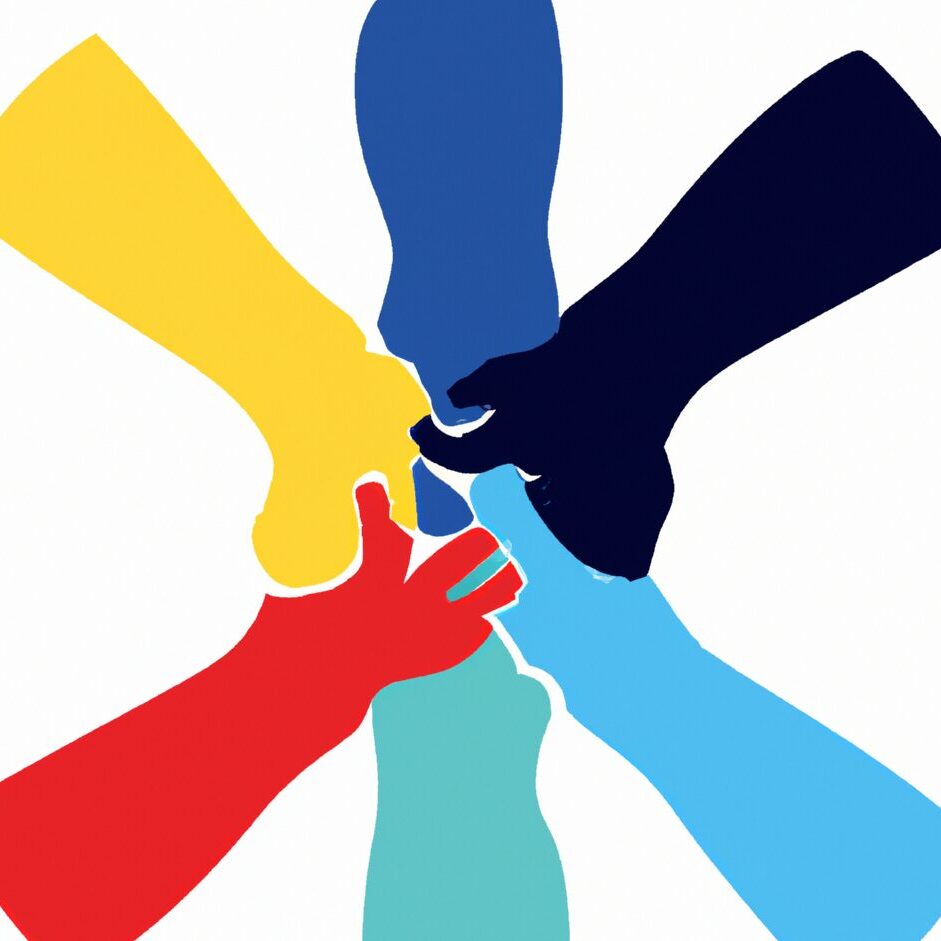The Challenges Facing Refugees
Refugees have been forced to flee their homes due to persecution, war, or other forms of violence. They frequently abandon everything they know and love for safety and a better life. However, the journey to safety is often full of difficulties, and once they arrive, they face a new set of challenges.
Below are the challenges that refugees face today.
Lack of Legal Protection
After crossing international borders, many refugees have few rights or protections from the law. Because they do not have legal rights, getting services like health care and education may be challenging. Therefore, their lack of legal protection makes them vulnerable to being used and abused.
After refugees arrive in their host country, they may have to wait in refugee camps or detention centers. Conditions in these centers are often poor, and access to essential services is limited. Since they do not have legal protection, it leaves them open to being exploited, abused, and deported.
Difficulty Finding Work
Even when they are legally allowed to work, it is hard for refugees to find jobs. Refugees lack jobs because of language barriers, cultural differences, or being poorly treated. Refugees with a steady source of income can take care of themselves and their families without charity or help from the government.
Refugees have lost their homes, possessions, and professional credentials. Therefore, it is hard to prove that they have the skills and experience they say they have. Aside from that, refugees may face employment discrimination. For example, employers may be unwilling to hire refugees because they need more paperwork or language skills.
Limited Access to Education
Refugee children have limited access to education, which can harm their prospects. They may not be able to get an education because there are not enough schools or resources in their communities, or they may need help to get to school in the country where they are living.
Even when schools are available, refugee children must catch up on their education, making it difficult for them to cope. Also, cultural and language differences make it hard for refugee children to understand a new education system. Sometimes, refugee children cannot attend school because they must work to support their families.
Health Issues
Refugees have experienced trauma, violence, or other forms of stress that can hurt their physical and mental health. Besides, they might not have access to essential healthcare services, which makes it hard to deal with chronic conditions or illnesses.
Refugees have been on the move for a long time and may have lived in overcrowded and filthy conditions, which can lead to health problems. Because of this, refugees may need more help getting good health care because they can’t pay for it.
Difficulty Integrating Into Host Communities
Refugees often find it hard to fit into their new communities because of differences in culture, language, or bias. This integration challenge makes it hard for them to make friends, find work, and get services, leaving them alone and out of the community.
Many host communities may distrust refugees, making it even harder for them to fit in. Refugees may be mistreated in many ways, which makes it hard for them to fit in with the society that ought to take care of them.
The refugee crisis is a complicated and varied problem that requires many different groups to work together. We are committed to assisting Afghan and Ukrainian refugees in the United States, but we cannot do so alone. We urge the community to take action and help us in any way they can.
We can make a real difference in the lives of these refugees by working together to help them find a safe, stable, and sustainable future. Visit our website to learn more about our organization, our work, and the refugees we assist. We are here to help and support those in need, and we hope you will join us. We can build bridges for a better future if we work together.
